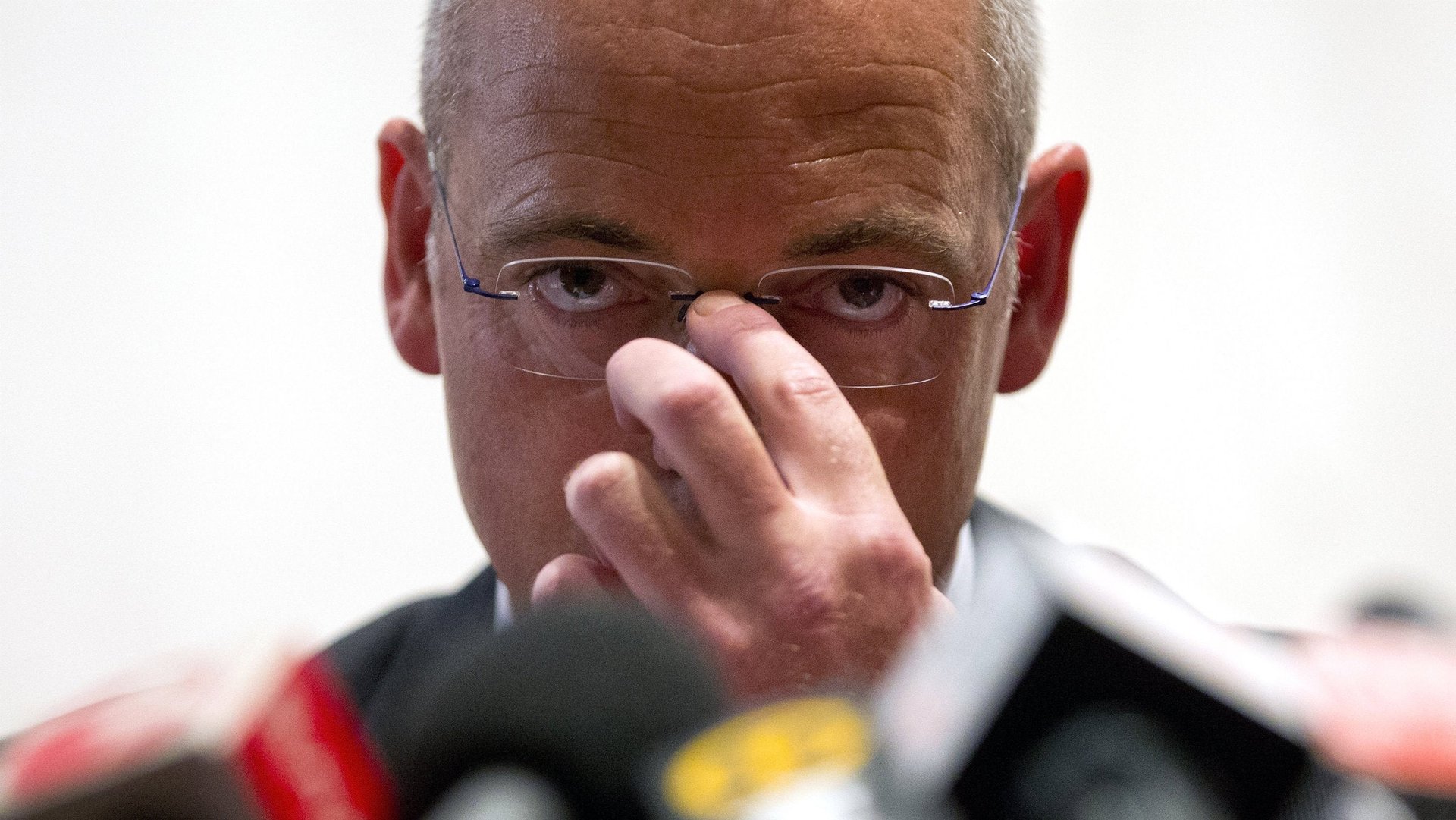Fonterra compounds China crisis with cash payments to reporters
New Zealand dairy giant Fonterra was trying to contain a growing scandal in China, where tainted batches of its powdered milk have forced a massive product recall, when a journalist at the company’s Beijing press conference noticed something odd.


New Zealand dairy giant Fonterra was trying to contain a growing scandal in China, where tainted batches of its powdered milk have forced a massive product recall, when a journalist at the company’s Beijing press conference noticed something odd.
“Even before the press conference began, Fonterra’s Chinese representatives were handing out brown envelopes of cash, or ‘media allowances,’ for journalists at China’s most important state-run outlets,” Malcolm Moore of the New Zealand Herald reported on Tuesday. “It is not much money,” a company representative told Moore, “Just for their travel expenses.”
A Fonterra spokesman in New Zealand said Tuesday that the company’s chief executive knew nothing about any such payments. Paying journalists to come to press conferences is common in China and some other developing countries, but it’s not like Fonterra needed more attention: the company’s explanation of how some of its products became contaminated with botulism-causing bacteria would have been covered regardless in China, by far the world’s largest market for infant formula.
. @MalcolmMoore common but not strictly necessary even at the best of times @Fonterra doesn’t need to pay for the front page right now.
— Silicon Rice Bowl (@SiliconRiceBowl) August 5, 2013
Countless small payments to journalists “are common in Africa, China, and elsewhere–$5 or $10 or $20 inside a brown or red envelope, ostensibly to cover travel costs for some sort of press event but actually provided to all journalists, even those who may have simply walked across the street to attend,” according to a 2010 report by the Center for International Media Assistance.
In mainland China, such envelopes can double a starting reporter’s 5,000 yuan ($816) per month paycheck. The “higher profile the media company and higher position in the company you are, bigger brown envelopes you will receive,” one veteran mainland China journalist, who is now a professor of journalism, explained to Quartz.
China’s state-run media will even run flattering stories of Western companies, for a price, The New York Times wrote in April, in a practice so widespread that “many publications and broadcasters even have rate cards listing news-for-sale prices.”
Despite the obvious conflict of interest posed by such payments, woe is the reporter who turns them down. “Whoever has morals and refuses to take the envelop often lives in terrible material life with no chance of getting promoted,” the journalism professor said. Although, he added, “they may be rich in spiritual life.”